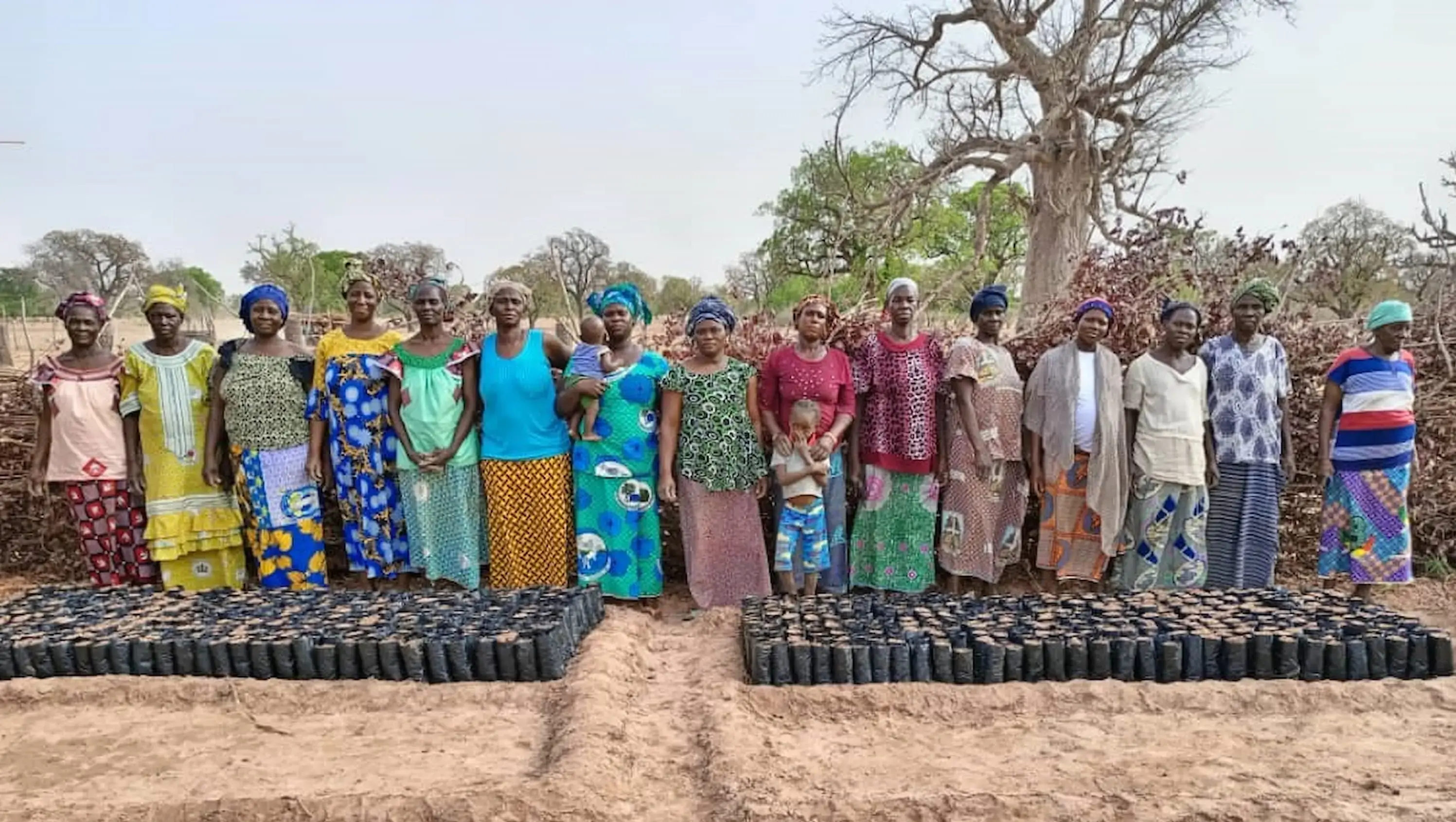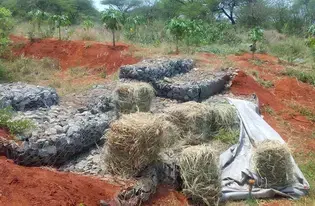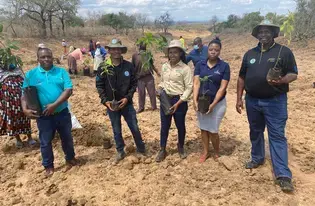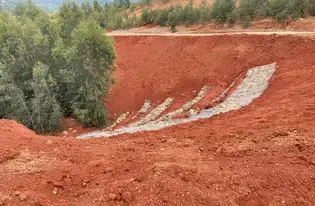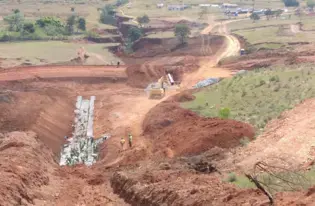Amid Sahel region continued desertification, Sahel Eco is utilizing the natural regeneration method to try to reforest the Sahel region. With the help of the community the organization believe their work can bring the soil into fertile and green.
The Sahel Region has lost millions of hectares of easily accessible farming land to the desert, thus creating food insecurity and loss of income for thousands, some due to climate change and others due to continued pastoral activities.
“Herders who bring animals and cut trees bring conflict among farmers and this is a major problem in our areas,” explains Pierre Dembele the Executive Secretary of Sahel Eco.
Other main challenge that the region faces is the longtime tensions between farmers and herders. Farmers of the Sahel region accuse herders of letting their cattle graze in their crops. Usually, herdsmen are traditionally from north who head south looking for the place for their cattle to graze.
Sahel has double work. First to bring together farmers and herders and then to reforest most of the parts that were deforested as a result of the cattle.
“What we do first is to help the population between two sides and the local administration to draw up the management plan for the massifs and the lands the causes problems”, he adds.
The Sahel Region spans 10 African countries including Mali, Burkina Faso, Cameroon and Chad.
Sahel Eco was created in 2014 and they wanted to help the local population with necessary information about reforestation but let them rely on their knowledge of the land and on traditions.
“In our traditional society, women are not the owners of the land but they can play essential role in restoration and reforestation if we can succeed in involving them”, he says.
With the AFR100 grant, Sahel eco intends to scale up regreening practices in San and Tominian regions in Mali, build their capacity to scale up and work with more farmers to produce and grow more trees over time.
“We want plant more than 200 thousand trees only for the part of Mali and another of 200 thousand is going to be carried out in Burkina Faso”, Dembele says.
He commends his government for trying to carrying out reforestation campaign despite lack of resources. He believes involving the government can make a difference especially when it about creating the community awareness.
